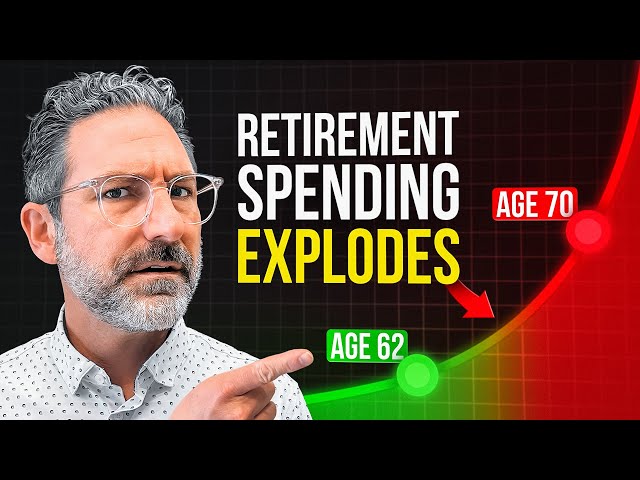After guiding hundreds of people into retirement, the Brindle & Bay retirement planning team has noticed a clear pattern that trips people up as they transition away from their careers. It’s not a lack of savings. It’s not a bad market. It’s not even healthcare surprises.
It’s the thinking that retirement is purely a financial milestone.
It’s definitely not. Retirement is a psychological shift, a lifestyle pivot, and a total redefinition of what “success” looks like.
Let’s dig into what most retirees miss and cover how you can approach your own retirement strategy differently.
Retirement Isn’t About Numbers, But About Transformation
Too many people focus on achieving an elusive retirement savings goal — that $1.5 million or $2 million or whatever they think it will take to stop working for the rest of their lives.
But once the paycheck stops — even if you have “enough” — spending money in retirement can feel weird. You’ve spent decades saving. Now you're supposed to instantly reverse course and start consuming it?
This is one of the most overlooked aspects of retirement income planning.
The Identity Crisis Is Real
In retirement, you're no longer “Cynthia the VP” or “Mark the engineer.” You're… retired.
That might sound awesome, but losing your professional identity in retirement can be a quiet wrecking ball. When people go from structure to ambiguity or from production to consumption, it can feel like freefall.
The happiest retirees we work with don’t just plan for money — they plan for meaning in retirement. They ask high-quality questions like “What am I retiring to?” or “What purpose will fill my calendar now?”
Flat Spending Is A Myth
Think you’ll spend less in retirement? You’re probably wrong.
Your first few years of retirement are often your most expensive because every day is Saturday, and you’ve got decades of bucket list retirement goals whispering, “Now is the time.”
If you want to engage in retirement hobbies, travel, home upgrades, and spoiling the grandkids all at once, you can. There’s nothing to naturally throttle your spending in retirement.
You might have a flat retirement income plan, like "$8,000 a month for life,” but this is overly reductive and ignores reality. A smarter plan front-loads your spending in the early “let’s go!” years while you’re healthiest and most active.
We’ve found that the solution is not just a budget, but a flexible retirement withdrawal strategy simultaneously offering steady monthly income: dynamic risk-based guardrails. This system clearly spells out what you can safely spend right now, while also adjusting spending based on market conditions, eliminating the guilt and fear that might be associated with the swipe of your card.
You Need To Plan For The Psychology Of Retirement, Not Just The Math
Retirement is a life transition, not a financial endpoint. It doesn’t begin with a gold watch and an office party. You’ll need time to test new routines, adjust your mindset, and redefine what success looks like.
At Brindle & Bay, we readily encourage our clients to rehearse retirement before they actually make it official. This means taking extended time off of work, living on your future retirement budget, and figuring out what it all feels like.
Many clients create a transition fund just for the first year of their retirement. This gives them awesome breathing room to travel, remodel, or simply relax without second-guessing every expense.
The retirees who thrive most aren’t just “done” with work. They’re becoming mentors, volunteers, creators, students, travelers, and more. They fully understand that they get to write their next chapter and they don’t let fear hold the pen.
This shift is far more emotional than technical, but the right financial tools can support it: a flexible, dynamic withdrawal strategy, clear risk-based guardrails, and a personalized retirement playbook.
Ready For Your Own Transition?
The early years of retirement shape the rest. That’s why we help clients build transition plans that blend lifestyle, mindset, and money into one cohesive strategy. If you want to retire with confidence instead of caution, avoid common retirement mistakes, and feel good about spending your hard-earned money, click here to book a no-cost consultation with our team.
The goal isn’t just to retire. The goal is to retire well, with purpose, clarity, and joy.







.jpg)




